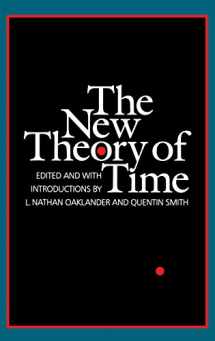
The New Theory of Time
Book details
Summary
Description
The most important debate between twentieth-century philosophers of time has been whether events that have happened, are happening, or will happen are equally real (the tenseless theory of time) or whether there is a fundamental distinction between past, present, and future, with only present events possessing full existence (the tensed theory). In the 1980s a new version of the tenseless theory of time emerged. While advocates still posit that all events are equally real, they depart from the old tenseless theory by conceding that tensed expressions cannot be translated into tenseless ones, and support their view of time using other arguments.
This anthology offers the latest turns in the debate over the new theory of time, with essays written by many of the most prominent contemporary thinkers in the philosophy of time. There are discussions on the role―or nonrole―of language in determining which theory is true; McTaggart's paradox and the logical difficulties that defenders of the tenseless theory say are inherent in tensed theory; and the nature of our experience of time, which proponents of both theories claim can now be explained. The preface and the general introduction to the book set the debate within the wider philosophical context and show why the subject of temporal becoming is a perennial concern of science, religion, language, logic, and the philosophy of mind.


We would LOVE it if you could help us and other readers by reviewing the book
Book review



